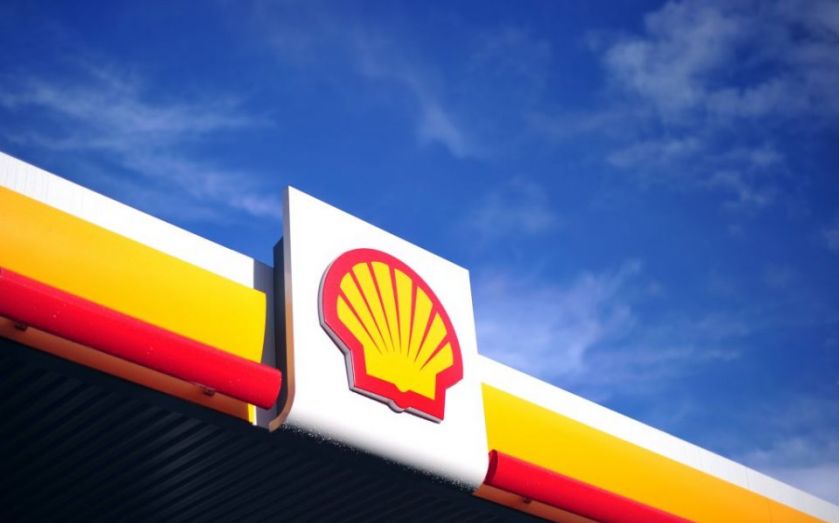Shell profit beats expectations as asset sales top $2bn

The figures
Royal Dutch Shell beat first quarter profit expectations, even as earnings on a current cost supplies (CCS) basis excluding identified items plummetted by well over 50 per cent.
CCS earnings, the oil industry's preferred measure, fell by 56 per cent to $3.2bn from $7.3bn at the same stage last year as global crude prices languished at around $55 per barrel in the first three months of 2015. Also damaging were weaker exchange rates against the dollar.
Profits from refining and trading at Shell rose to $2.7bn from $1.6bn a year earlier helping to ease the pain caused by a sharp drop in oil and gas production earnings which tumbled from $5.7bn to $675m.
So far this year, the company has sold more than $2bn worth of assets, largely in Nigeria where it scaled back its onshore presence as part of a drive to improve competitive performance and "drive a sharper focus on the bottom line".
Shareholders were awarded with $2.9bn in cash dividends during the quarter.

Why it's interesting
Shell has agreed a £47bn takeover deal with BG Group – what would be one of the biggest M&A deals for years – and investors were given an indication on its progress, with chief financial officer Simon Henry putting forward early 2016 as the most likely date.
BG has big LNG [liquified natural gas] operations in Tanzania, Australia and the US, which has represented a key growth area for Shell in recent quarters. Equity sales of LNG was one of only two business segments to record a rise in upstream earnings in the first quarter at $6.2m.
Read more: The 14 biggest M&A deals ever made
So the deal is naturally an attractive proposition to shareholders, yet the pressure is rising on the company to execute the deal as soon as possible. Oil prices have picked up in recent weeks, causing BG Group stock to rise and casting doubts on Shell's valuation.
What Shell said:
Looking ahead, the proposed combination with BG, which we announced in April, would create a stronger company for both sets of shareholders.
The combination with BG would accelerate Shell's growth strategy in deep water and LNG [liquified natural gas], and create a springboard for further optimisation of our asset base, particularly when evaluation the longer-term portfolio.
– Chief executive Ben van Beurden
In short
The effect of low oil prices continues to be felt at Shell, causing it to restructure, sell-off assets and "re-focus on the bottom line". It appears to be rising to the challenge.